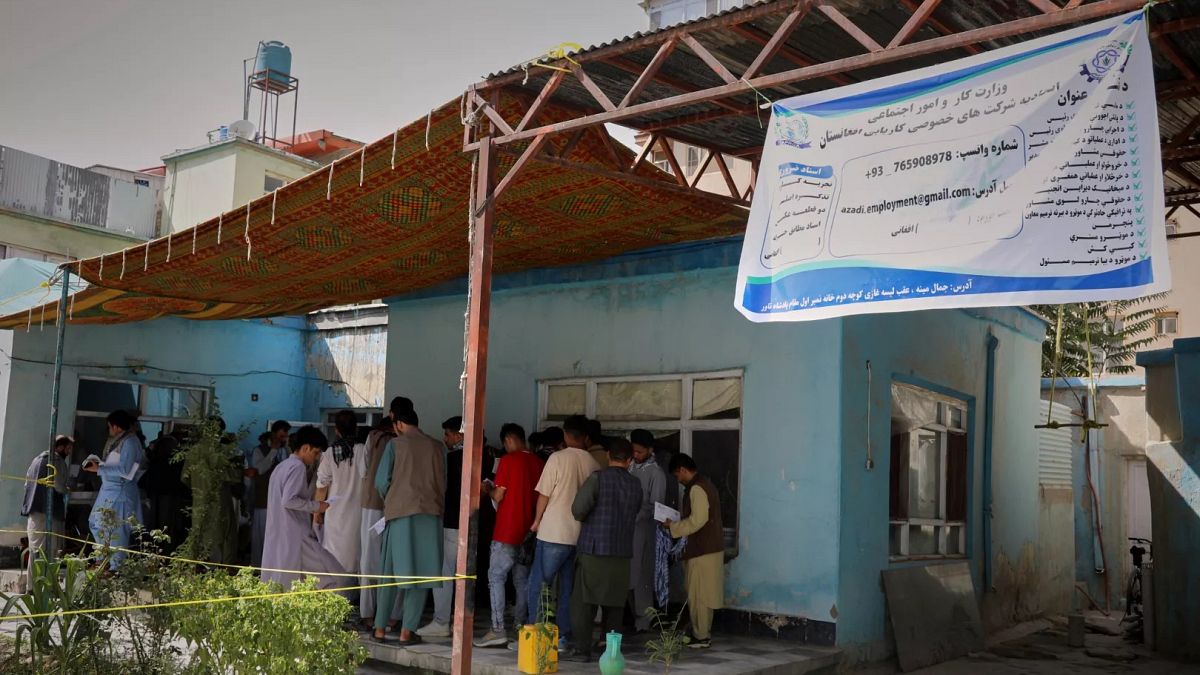Published on
The Taliban registered 1,800 unemployed Afghans expelled from neighbouring countries for the chance to work in Qatar on Wednesday, the latest round of a labour agreement with the Gulf nation, a Labor Ministry spokesperson said.
The programme is aimed at easing unemployment in Afghanistan and the Taliban has said talks are also underway to send workers to Saudi Arabia, the United Arab Emirates, Oman, Turkey and Russia.
Last month, 3,100 Afghans were registered for jobs in Qatar, including in the food and hospitality industries.
Wednesday’s one-day registration period was open only to Afghans who had been expelled from Iran and Pakistan and took place in four major cities.
At least 2 million Afghans have left Iran and Pakistan this year after both governments launched separate campaigns to expel foreigners they said were living there illegally.
They deny targeting Afghans, but most of those forcibly returned have been Afghan nationals.
People with refugee certificates were able to visit registration centres in Kabul, Kandahar, Herat and Nangarhar for the chance to work in Qatar, Labor Ministry spokesperson Samiullah Ibrahimi said.
“These work visas cover 22 different job categories and the 1,800 visas available are for these jobless Afghan returnees,” he said.
Dozens of men waited in long lines outside a registration centre in the capital Kabul.
Poyan Ahmadi, who left Iran, said he wanted the Taliban government to talk to other countries.
“Here in Afghanistan, there is no work, and there is a shortage of job opportunities,” he said.
Warnings from the UN
But a UN report last month said that the Taliban had tortured and threatened Afghan nationals who were forcibly returned from Iran and Pakistan because of their identity or personal history.
Afghan authorities have urged nationals to return, pledging amnesty for anyone who left after the Taliban returned to power in 2021.
But rights groups and the UN have repeatedly warned that some of those returning are at risk of persecution because of their gender, profession or links to the former Western-backed administration.
The violations include torture, ill-treatment, arbitrary arrest and threats to personal security at the hands of the Taliban, according to the report.
And also in July, the UN refugee agency (UNHCR) warned that forced deportations from Pakistan could violate the international principle of non-refoulement, which prohibits the return of individuals to a country where they face serious threats to their life or freedom.
Repatriations on such a massive scale have the potential to destabilise the fragile situation in Afghanistan, where the Taliban government came into power in 2021, the agency said.
Additional sources • AP

